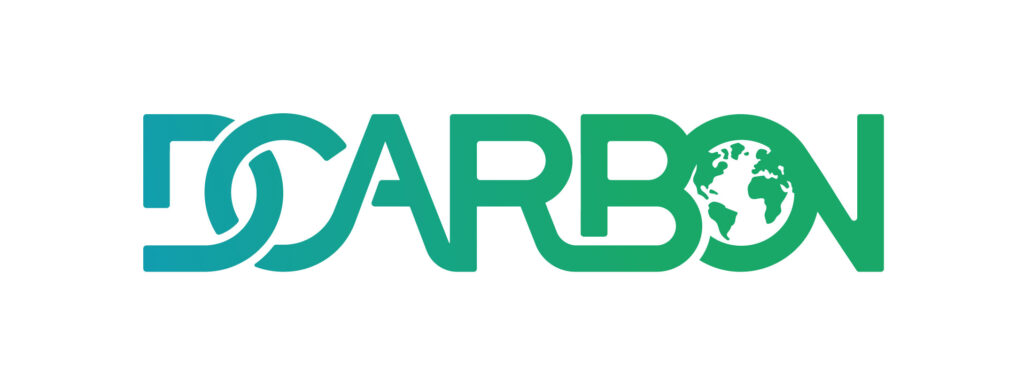Where data gives directions
Biennial Update Report is where you can find national Greenhouse Gas (GHG) inventories, information on mitigation actions, needs, and support received. It is to be submitted by non-Annex I Parties. A BUR contains updates on actions undertaken by a Party to implement the Convention, including the status of its GHG emissions, as well as the actions taken to reduce emissions or enhance sinks. BURs should be submitted every two years, either as a summary of parts of the national communication, or as a stand-alone update
Awareness raising increase the awareness of the climate change issues affecting the review of concepts, and utilize the knowledge obtained from workshop to different events.
- Workshop processes
- Interactive discussions
- Easy step-by-step procedure for the hands-on exercises
- Active participation of the participants during the discussions
- Workshop to finish on time
Set clear guidelines on how to report and fill up the BUR contents:
Learn the basic principles prior to BUR updating. Communicate required skills on BUR preparation, understanding the guidelines, and how the preparation relates to the existing process, and set up a Clear national direction for reportorial requirements. Map the expected challenges that may be faced in different sectors in the process of data collection and reporting
Prepare and Utilize Tools/templates to prepare the BUR, DCarbon experts will prepare and disseminate the knowledge of What is BUR template composed of, transfer the knowledge of how to use different approaches and tools, provide a technical annex of the BUR GHG Inventory (GHGI), bridge the existing data to the requirement of GHGI Connection between GHGI methods with all the relevant institutions.
GHGI works, at this stage teams working on the BUR need to gain an understanding of the conduct of GHGI, comprehend the choice of method that is going to be used (tier levels, IPCC guidelines), calculations of GHG emission from different sectors that are included. As well as, analysis of mitigation actions, develop skills on uncertainty and mitigation analysis, mitigation action analysis, understand reporting of mitigation, and how to capture the co-benefits
Monitoring-Reporting-and-Verification system (MRV), DCarbon experts will communicate the importance of MRV system, and how to uses and process of MRV system. How the MRV will assist in identifying BUR data gaps, how to address data gaps needed for BUR, Overview of available information, and how to access them, identify gaps in the national framework to further improve the country’s experience.
Why Dcarbon
DCarbon team of experts is highly experienced in assisting governments to develop Voluntary National Reviews, and Biennial Update Reports addressed to the United Nations Framework Convention on Climate Change.
At DCarbon, we believe that while contributing to national commitments to achieve the UN Sustainable Development Goals and the Paris Agreement on Climate Change, we take an essential step towards driving the transition to a sustainable and low-carbon economy.
We are very proud of working together with governmental bodies in Egypt and the Middle East and we aspire to navigate public efforts in shaping a sustainable future for our generations.
Results You Can Expect
Connect with Our Team
FILL FORM AND OUR TEAM WILL CONTACT YOU
